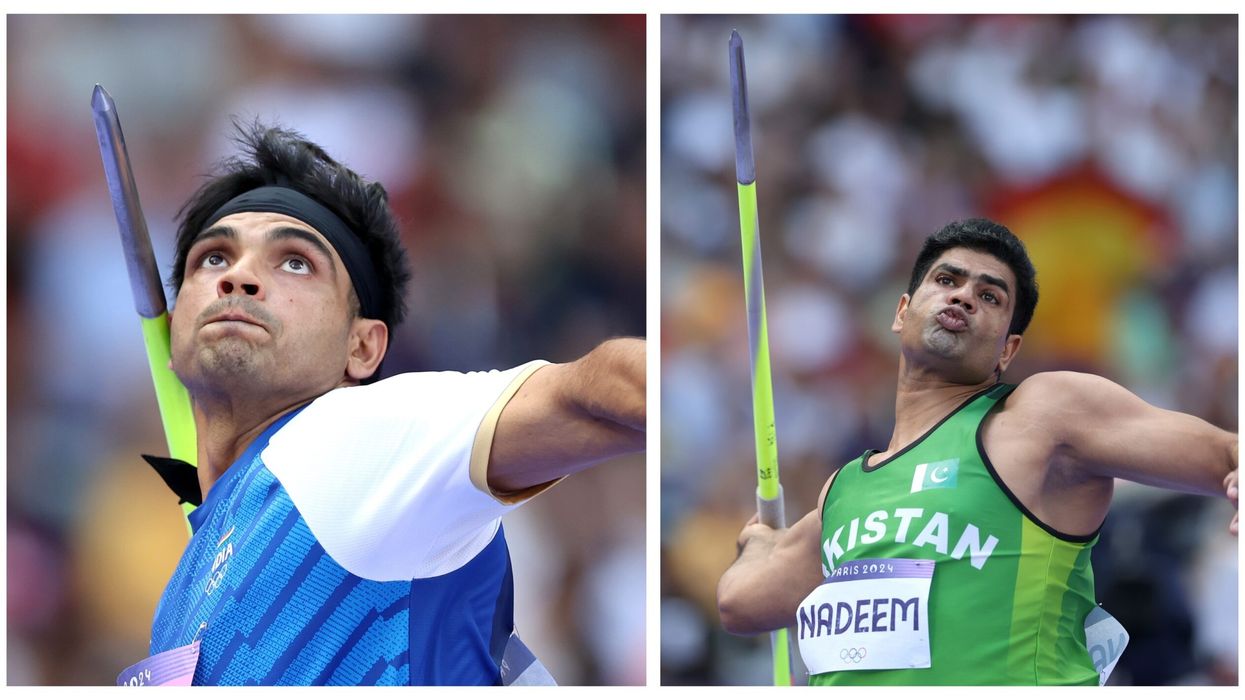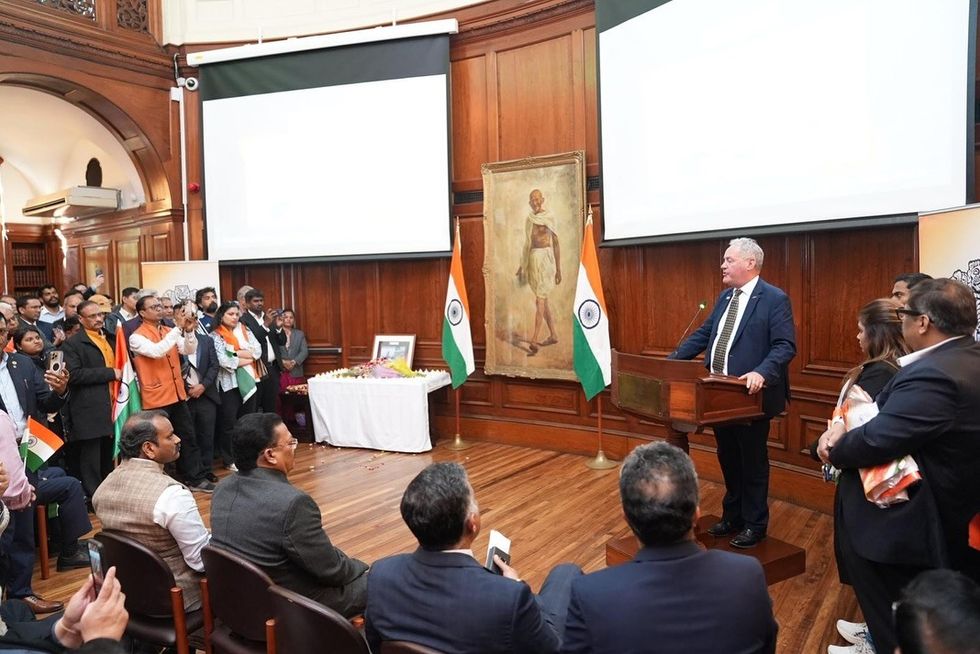by LAUREN CODLING
PROMINENT Asians have criticised the BBC over its coverage of the recent developments in Kashmir, claiming it was one-sided and biased.
India’s decision to revoke special status for its portion of Kashmir earlier this month has caused mass uncertainty, as the state has been placed in lock down with a communications blackout and curbs on movement.
Protests are reported to have taken place in Indian Kashmir’s main city of Srinagar, and there have also been demonstrations by Asians in Britain last week.
Several UK broadcasters and news outlets have covered the ongoing developments in the Himalayan region.
Days after Article 370 was revoked, the BBC covered the issue on numerous outlets including the News at Ten and Newsnight. The corporation focused on the situation in Indian Kashmir as well as Pakistani Kashmir. The mass protest on India’s Independence Day (15) outside the Indian High Commission was also covered on Newsnight the same day.
However, some community leaders have accused the BBC of “exaggerating” the issue and ignoring the positive points of the removal of the special status – which they said includes “equal rights for the women of Kashmir and the prospect of quicker development”.
Dr Rami Ranger, a prominent businessman and chairman of the British Sikh Association, argued that the public broadcaster had not been “even-handed” in its coverage of the conflict.
“In fact, BBC exaggerated the news simply to sensationalise it,” he told Eastern Eye. “The BBC lost its credibility the way it showed its bias against India.”
Anil Bhanot, the founding member of the Hindu Council UK, agreed that the BBC coverage has been “somewhat biased” against India’s move to scrap the special status of Kashmir.
While he accepted that the broadcaster had attempted to show both opposing views in its interviews, Bhanot claimed that the “underlying tone of questioning has been to suggest that a Hindu nationalist (Bharatiya Janata Party) government has somehow bulldozed into erasing the legitimate rights of majority Muslims living in the valley”.
He also noted the lack of BBC reporting on the plight of the original inhabitants of Kashmir, who he claimed have either been killed, forcefully converted to Islam or thrown out of the state.
“That was because of Kashmir’s special status too, which the Muslims abused,” Bhanot said. “Hindus get killed every year on their annual pilgrimages (but) does the BBC have any care for such innocents? Does it ever report those cases? Hardly.”
Community leader Pravin Amin shared similar sentiments. Noting the BBC did not highlight that the abrogated Article 370 from the Indian constitution was inserted as a temporary clause, Amin accused the corporation of broadcasting selective coverage.
“Its removal brings Kashmir regions at par with other states of India,” Amin explained. “The positive points – including equal rights for the women of Kashmir, the prospect of quicker development, better education, promotion of equality among the population and many more positive aspects – are not included in reporting by the BBC.”
He also accused the BBC of “not completely (shedding) the attitude widely displayed during the colonial era.”
For instance, during the national election earlier this year, Amin said the broadcaster focused heavily on the poverty and dissatisfaction of people in India. They disregarded the “immense progress of India, improvement in lives of people and the widespread and rapid development”, Amin told Eastern Eye.
However, some have defended the BBC. One source told Eastern Eye that the prominent figures who accused the broadcaster of being biased had their own agendas.
“They are probably the surrogates for the Indian government which is feeling the heat about what it is doing,” the source said. “All the BBC is doing is holding a mirror up to what is happening and reporting it.”
Claiming he knew BBC journalists reporting from Kashmir, the source said they were not biased.
“They are reporting what people are telling them,” he said. “The job of journalists is not to censor people. Our job is to question what is being done by governments in a healthily sceptical way, and that is what the BBC does so well.
“Those reporters out there, I’ve known some of them for a long time, and they will not be cowed by the government and community leaders.”
If anyone had serious complaints on the coverage, they should go to Ofcom, the UK’s communications regulator, the source said.
“Be specific about what the complaint is, not that it is just biased,” the source said. “Show Ofcom the evidence and why it is inaccurate, biased and impartial.”
In response to Eastern Eye, a BBC spokesperson said they “strongly” refuted any claims that “(they had) misrepresented events in Kashmir.”
“We are covering the situation impartially and accurately,” the spokesperson said. “Like other broadcasters we are currently operating under severe restrictions in Kashmir, but we will continue to report what is happening.”


















 Bob Blackman MP speaks during the event
Bob Blackman MP speaks during the event